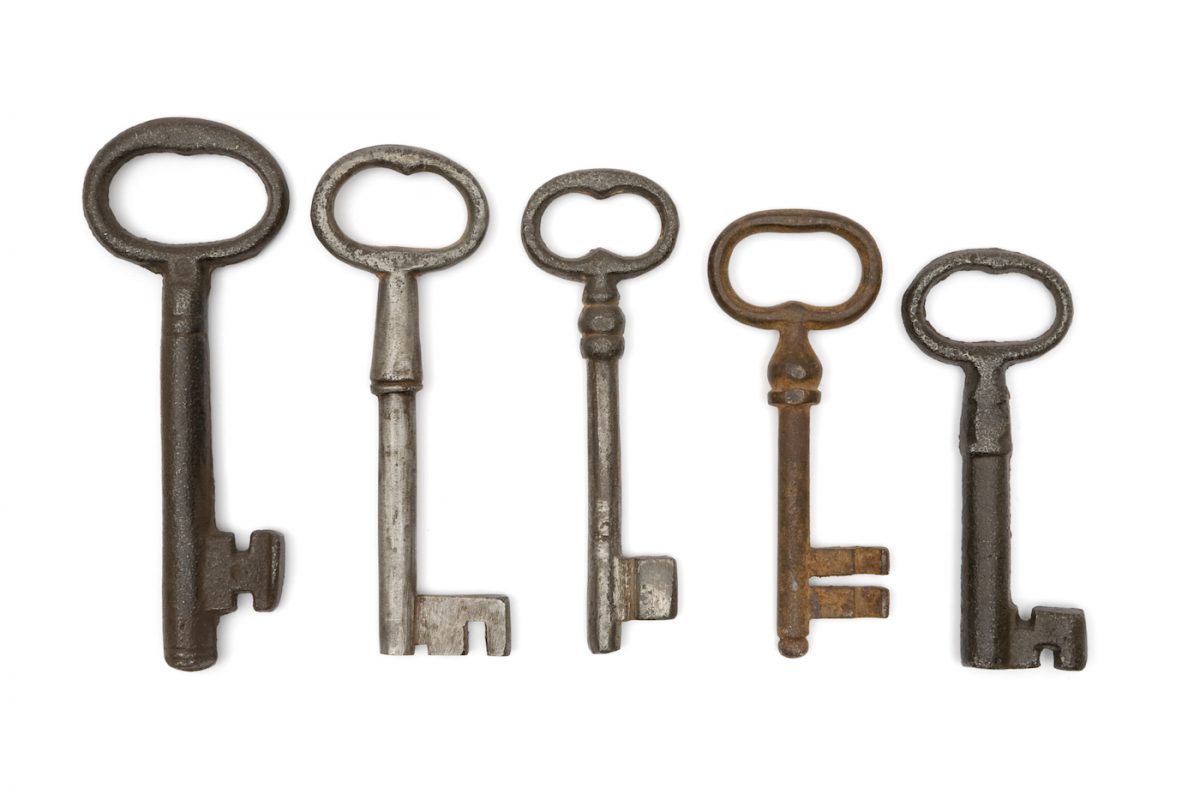Turkey puts focus on future of Kurds
Turkey, he said, wanted US guarantees that the Iraqi Kurds would not be allowed to "declare independence" and that US forces would take control of the oil cities of Kirkuk and Mosul.
Mr Yakis said there was a danger that if the refugees returned to these cities, the Kurds might seize Iraq’s northern oilfields.
His statement increased tension with the Iraqi Kurds, already deeply suspicious about Turkish plans to send up to 55,000 troops into northern Iraq, ostensibly for humanitarian purposes.
The Iraqi Kurdish parties have rejected all the reasons advanced by Turkey to justify its proposed intervention, and insist their aim is to achieving their rights within Iraq rather than by asserting independence.
Though they are committed to returning refugees to Kirkuk and other areas "Arabised" by the ruling Baath party since the 1970s, they stress this should be in an orderly manner.
The issue certain to be raised at this week’s meeting of Iraqi opposition parties in the Kurdish enclave. The meeting, originally scheduled to begin on February 15, could begin as early as today in Salahuddin and will bring together a 65-member steering committee elected at an earlier meeting in London.
A Kurdish spokesman yesterday confirmed that a "high level" US representative was also expected to take part, although it remained unclear whether this would be Zalmay Khalilzad, US President George W. Bush’s special envoy.
The Kurdish leadership meanwhile stressed yesterday it would continue discussions with Turkey and would try to clarify Turkey’s intentions at a meeting with its military on 25 February.
"We hope there will be more transparency," said Hoshyar Zebari, a senior official in the Kurdistan Democratic party (KDP), one of two Kurdish parties controlling northern Iraq.
But the Kurds have also said that Turkish forces would be resisted if they crossed into Iraq.
"We will oppose any Turkish military intervention – believe me, there will be clashes," Mr Zebari said yesterday.
The Iraqi Kurds believe that Turkey’s real concern is that the example of autonomy for Iraq’s 4m Kurds, possibly endorsed by a new regime in Baghdad, would prove attractive to Turkey’s 15m Kurds. There is bitterness among the refugees of Banislawa. Samad Ali Bahram, a man of 53, said he left Kirkuk on February 2 with his four sons and wife after he was tortured. He has cuts on his legs and body, and few remaining teeth.
Mr Bahram’s family shares two rooms with a family of 18. But in the midst of his confusion and sadness, he is clear whom he blames for his plight.
"The source is Saddam," he says, tears welling in his eyes. "Just kill Saddam, the mad dog." "We will wait for our [Kurdish] government to say it is time to return," said Kafia, a 70-year-old woman in Banislawa. "We pray to God that we can return to our house in safety. Look, my feet are stuck in the mud, I cannot even walk to the road."



